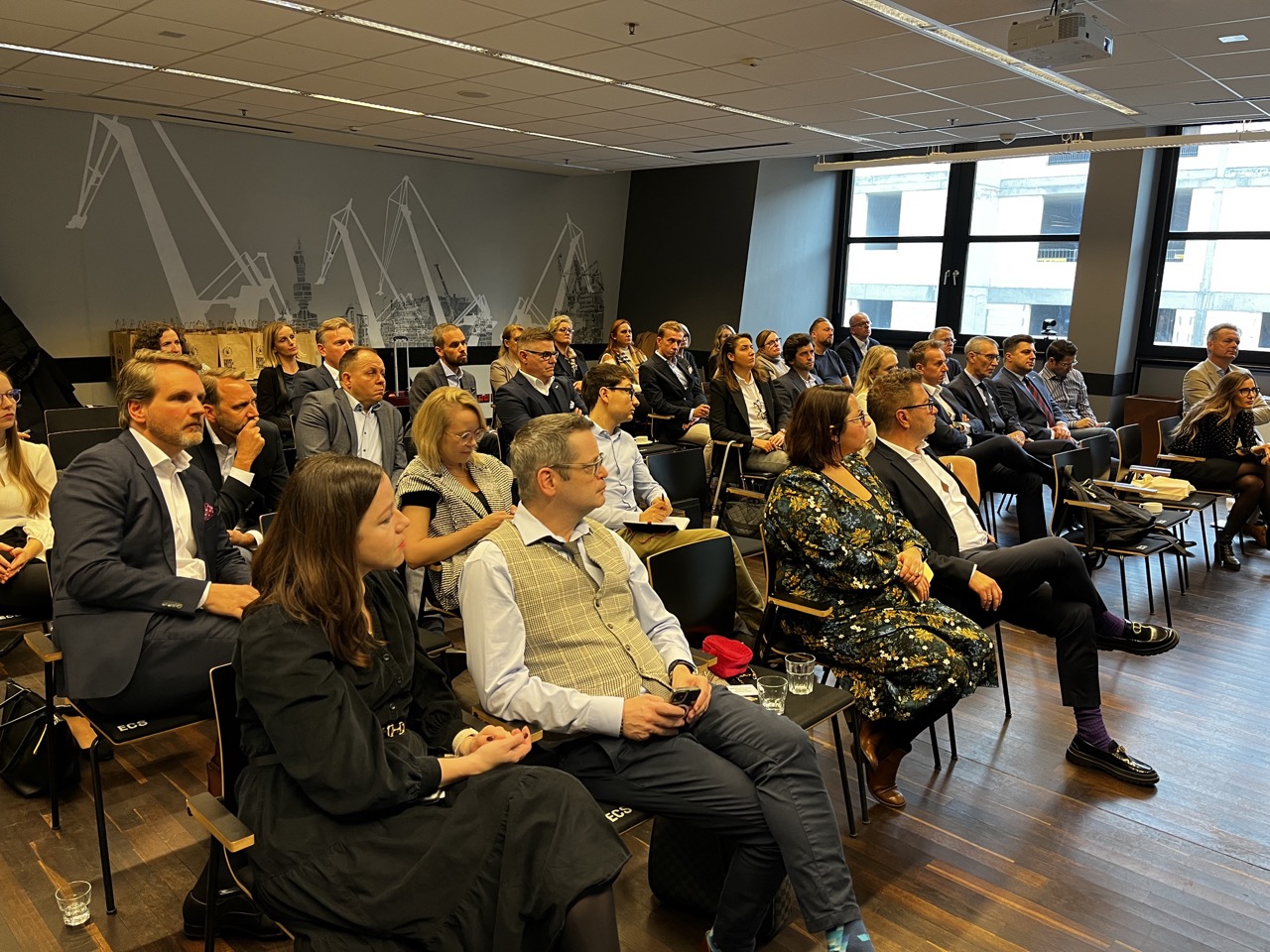Bussiness
Tech giants warn of regulatory hurdles hindering Europe’s AI progress

Meta CEO Mark Zuckerberg and Spotify CEO Daniel Ek have come out against European regulations surrounding open-source artificial intelligence, saying the continent risks falling behind because of its complex rules.
The CEOs indicated in a joint statement Friday that Europe—which hosts “more open source developers than America”—is well placed to ride the wave of openness in AI.
“Yet its fragmented regulatory structure, riddled with inconsistent implementation, is hampering innovation and holding back developers.”
The CEOs indicated that the tech industry in Europe faces “overlapping regulations and inconsistent guidance on how to comply with them” instead of clear rules.
Streamlining the regulatory framework would help increase the pace of development of open-source AI; it would also support European developers and the wider creator ecosystem, they said.
The Irish privacy regulator asked Meta in June not to launch its AI models in Europe for the time being after the company was told to delay plans of harnessing data from Facebook and Instagram users.
Under the current regulations, Meta will not be in a position to release upcoming AI models such as Llama multimodal—capable of understanding images—in Europe.
This would mean Europeans will be “left with AI built for someone else,” the CEOs said.
Spotify touts AI investment as key to success: According to Spotify, early investment in AI for creating personalised experiences for users has been instrumental to the streaming service’s success.
What has resulted from laws designed to increase European sovereignty and competitiveness is precisely the reverse, they said, adding Europe should be “simplifying and harmonising regulations by leveraging the benefits of a single yet diverse market.”
The CEOs concluded that Europe needs a different path with more explicit policies and greater consistency of implementation; otherwise, it will miss a “once-in-a-generation opportunity”.
The EU Commission did not immediately respond to a Reuters request for comment.









